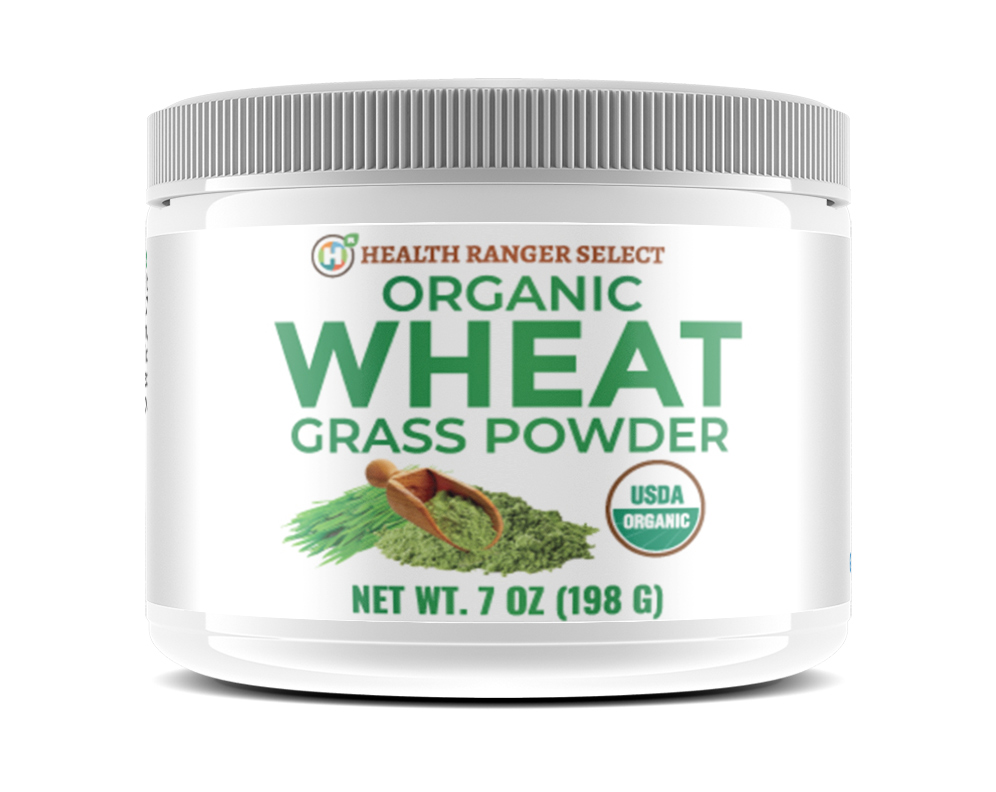L-theanine is one of the best ways to combat stress and reduce your heart rate
03/13/2019 / By Zoey Sky

Stress affects your body both physically and mentally. It can affect your sleep quality and even increase your risk of certain health conditions, say researchers from Columbia University Irving Medical Center (CUIMC). In their study, which was published in the American Journal of Cardiology, they reported that stress can cause heart damage equivalent to smoking five cigarettes. The researchers also highlighted the importance of stress management, which can be achieved by making positive diet and lifestyle changes. Doing this can help address chronic stress, something that often affects your cardiovascular health.
Can L-theanine boost your cardiovascular health?
In the CUIMC study, researchers found that an amino acid called L-theanine helped reduce both stress levels and heart rate in participants.
During the course of the study, researchers increased the stress levels of 12 volunteers by instructing them to solve a mentally stressful task in four double-blind trials. The participants were given L-theanine in one of the four trials before they attempted the stressful task. The participants in the second group were given L-theanine midway through the task. Meanwhile, those in the third and fourth trials were given a placebo and nothing, respectively, before attempting the stress-inducing task.
The researchers noted that compared to the placebo group, the volunteers who were given L-theanine had a reduced amount of immunoglobulin, a stress marker, and a lower heart rate. Immunoglobulins, or antibodies, are proteins made by the immune system to fight disease-causing substances such as bacteria and viruses.
L-theanine works by suppressing the sympathetic nervous system that triggers your “fight or flight” response when you’re faced with emergency situations. L-theanine blocks glutamate (L-glutamic acid), a chemical that carries electric signals transmitted from nerve cells to the rest of the body cells. The researchers posited that L-theanine has a crucial role in influencing a person’s psychology and physiology when you are in a stressful situation. (Related: Being chronically stressed is literally killing you.)
Make healthy food choices to avoid deficiencies. The main takeaway is that nutrition is linked to your ability to successfully manage your stress levels.
The health benefits of L-theanine
If your stress levels are high, consider taking l-theanine supplements. This mind-relaxing amino acid can also be found in green tea leaves and mushrooms. Aside from helping you destress, L-theanine also offers other health benefits such as:
Blood pressure control
In a 2012 study, researchers found that L-theanine can help people who experience increased blood pressure in stressful situations. Study findings showed that L-theanine helped control this blood pressure increase in groups.
Improved sleep quality
In another study, scientists reported L-theanine is linked to quality sleep. The researchers said that doses of 250 milligrams (mg) and 400 mg of L-theanine significantly improved sleep in animals and humans.
Increased focus
When combined with caffeine, L-theanine can boost your focus and attention. According to a 2013 study, moderate levels of L-theanine and caffeine (or 97 mg and 40 mg) helped a group of young adults to focus better when they were instructed to complete demanding tasks. The participants also reported that they felt more alert and less tired in general.
Stronger immunity
A separate study determined that L-theanine can boost your immune system. Another study revealed that the amino acid can help decrease the incidence of upper respiratory tract infections.
Your diet will affect your physical well-being, but it can also influence your emotional health. Consult a healthcare professional to determine the dose of L-theanine that is suitable for your condition.
Sources include:
Tagged Under: brain function, cardiovascular health, chronic stress, fight-or-flight response, heart health, L-Theanine, mental health, mind body science, natural cures, neurocognitive health, physiology, Psychology



















